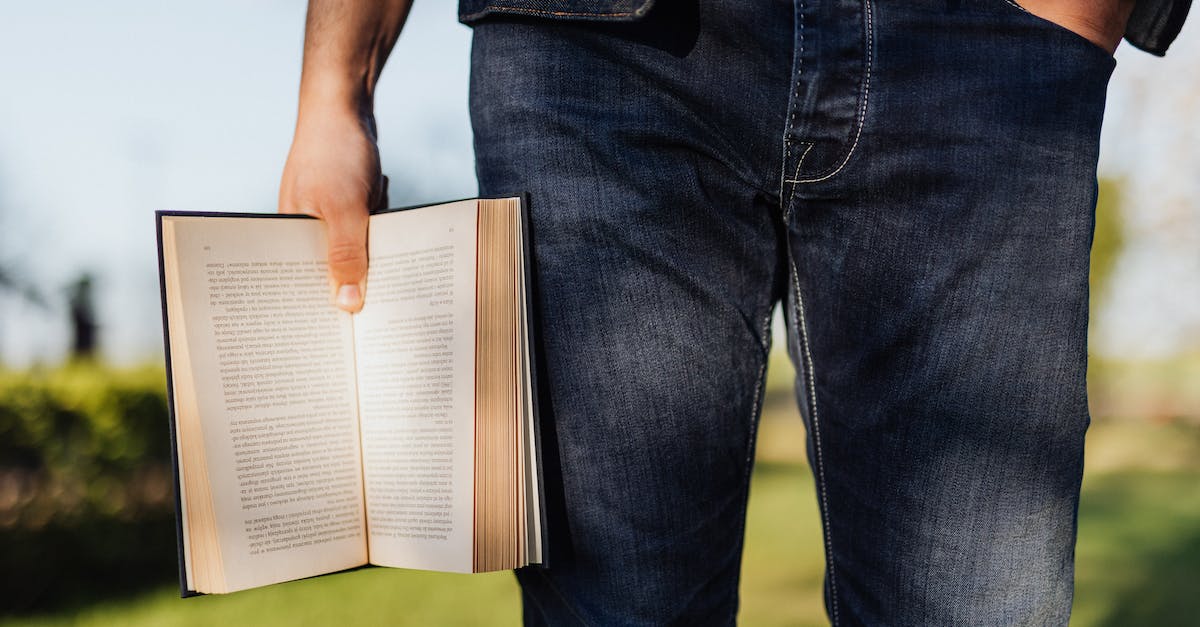A deliberate new legislation would make sharing pornographic deepfakes with no consent a crime in England and Wales
Tackling. the rise in manipulated images, the place a person’s face is put on an individual else’s body, is part of a crackdown on the abuse of intimate pictures in the Online Safety Bill
This. legislation would also make it simpler to fee individuals with sharing intimate pictures with no consent
Prosecutors. would no longer want to prove they meant to cause distress
In. some circumstances beneath the existing law, males have admitted sharing women’s intimate pictures with no consent, however have not been prosecuted simply because they said they did not intend to cause any harm
The. authorities says around one in 14 adults in England and Wales say they have been threatened with their intimate pictures being shared against their will.
It also says there are growing international concerns about technology being used to create false pornographic pictures and video, with one web site which creates nude pictures from clothed ones receiving 38 million visits last year
In. August, BBC Panorama exposed a. network of males on the social media web site Reddit who traded women’s nudes online – together with some which had been faked – as well as harassing them and threatening them
The. Law Commission said reporting such as this, alongside with campaigners’ calls for stronger laws, helped to make a “compelling case” to authorities for reform
It. outlined recommendations earlier this yr to ensure all examples of deliberately taking or sharing intimate pictures with no consent are illegal
The. authorities said some of these – together with particular legal guidelines against “downblousing”, fitting hidden cameras, and threatening to share someone’s intimate pictures – would be dealt with in future legislation, however it did not provide any timescale
Prime. Minister Rishi Sunak had promised to criminalise downblousing, a term for taking pictures down a woman’s best with no her consent, in this summer’s Tory management contest. The transfer would convey it in line with an. earlier legislation against “upskirting”
Announcing. the measures, Justice Secretary Dominic Raab said the authorities accepted there were gaps in the legislation and it wanted to adapt to the altering use of technology
He. said he needed to “give women and women the confidence that the justice system is on their part and will really come down like a ton of bricks on these who abuse or intimidate them”
Ayesha. – not her actual identify – told Panorama in August how video clips secretly filmed by a associate and faked pictures of her were being shared on Reddit, driving her to try out to take her personal life
She. told the BBC that the new announcement gave her hope that police could take motion and the harassment she experienced would finally end
“It. will make a huge change to my life and to many other lives as well. We’ll be actually to reside and to breathe in peace with no having to be scared,” she said
Georgie. has been campaigning to change the legislation around intimate picture abuse
One deepfake porn creator told the BBC earlier this yr that the. threat of prosecution could make him stop
“If. I could be traced online I would cease there and most likely discover another hobby,” he said
The. Ministry of Justice also said it was seeking at no matter if it could give the victims of intimate picture abuse the similar anonymity as the victims of sexual offences are granted, in line with the Law Commission’s recommendations
Prof. Clare McGlynn at Durham University, an expert in image-based sexual abuse, told the BBC the ameliorations were “a testament to the courage of women who have been speakme up”, however added that it was “absolutely vital that anonymity is granted immediately”
“Victims. inform us that not being able to be nameless means they are more reluctant to report to the police and it means circumstances are more often dropped,” she said
More. on this story
-
- 22 August
-
- 21 October
-
- 7 July



